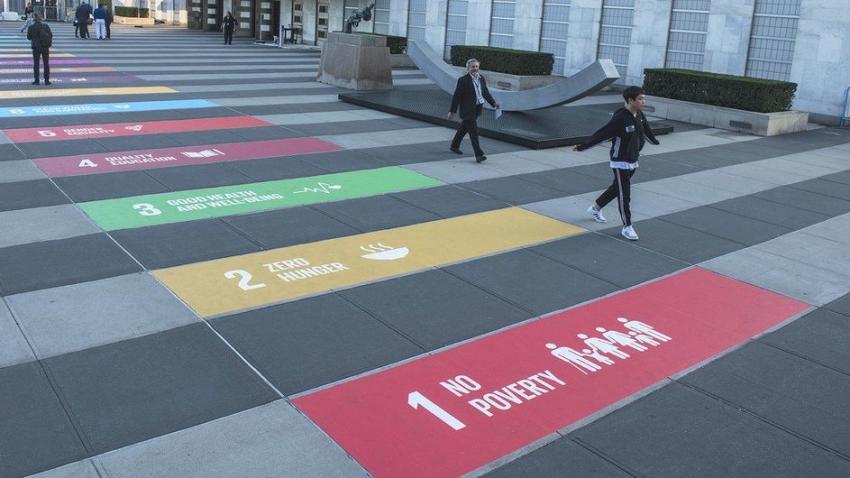Extended Producers Responsibility (EPR) Registration and Compliance
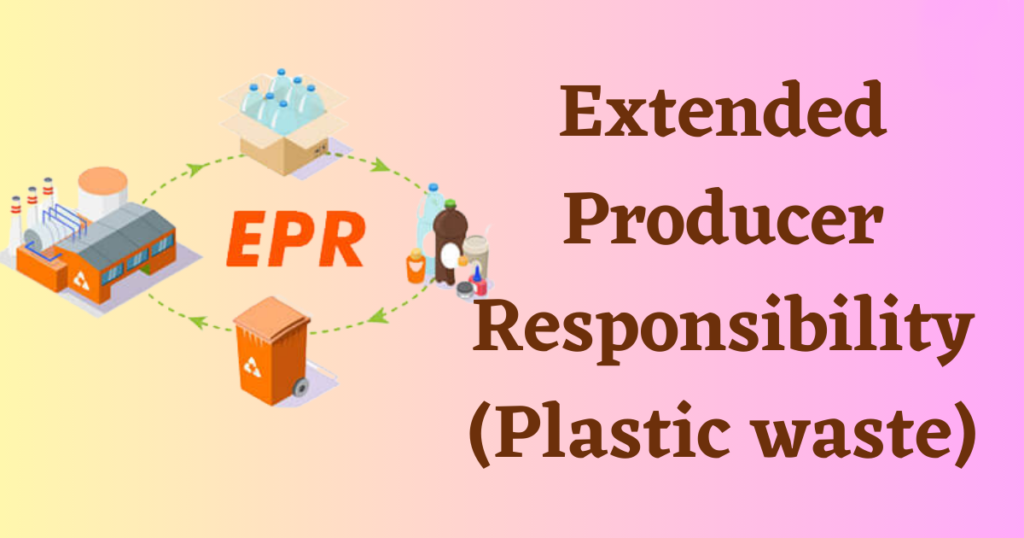
Effective waste management is crucial in reducing the impact of plastic waste on the environment. Extended Producers Responsibility (EPR) Registration aims to ensure that producers are responsible for the management of products after they are no longer useful to consumers. Our objective is to provide an efficient system for collection, segregation, and transportation of plastic waste to an SPCB and CPCB approved waste disposal facility.
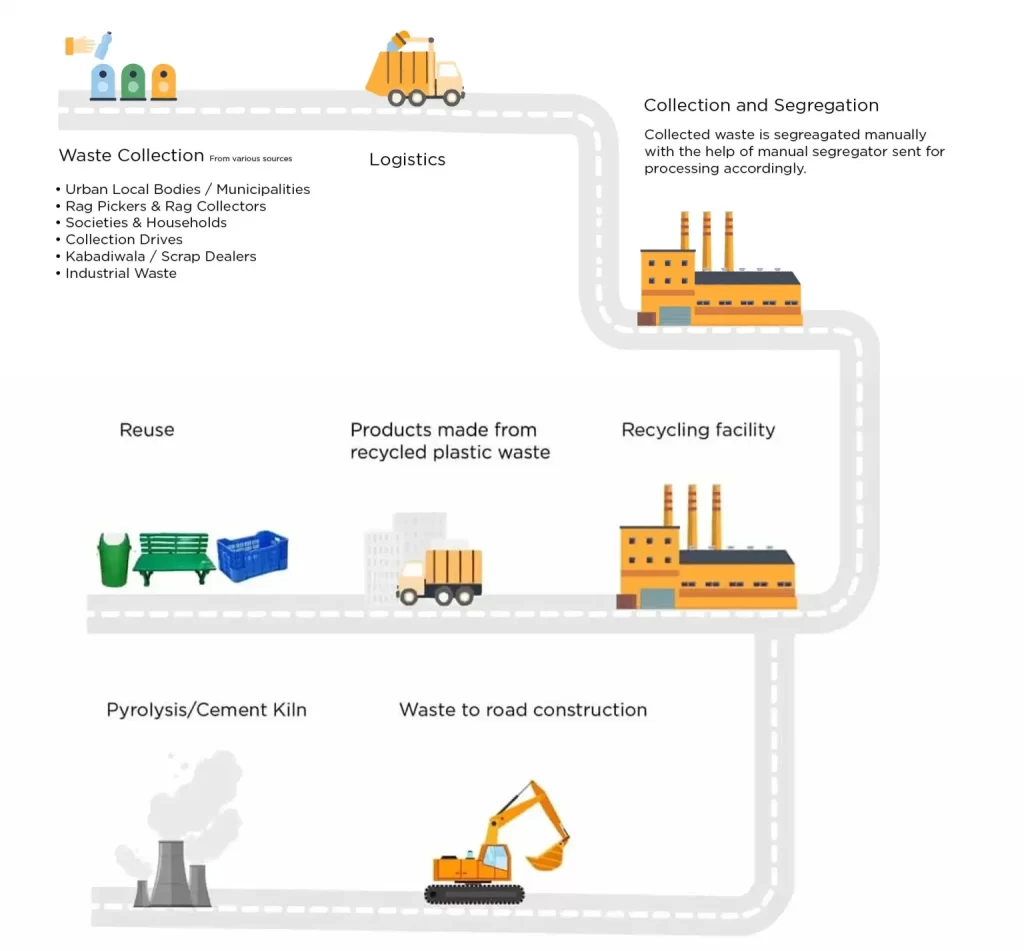
EPR Registration
circular economy
The circular economy represents a transformative approach to production and consumption. It revolves around principles such as sharing, leasing, reusing, repairing, refurbishing, and recycling to maximize the lifespan of materials and products. By embracing these practices, we aim to extend the life cycle of products, fostering sustainability and minimizing waste. This model encourages a shift from the traditional linear economy to a more regenerative and eco-friendly system, promoting resource efficiency and reducing the environmental impact of our consumption patterns.
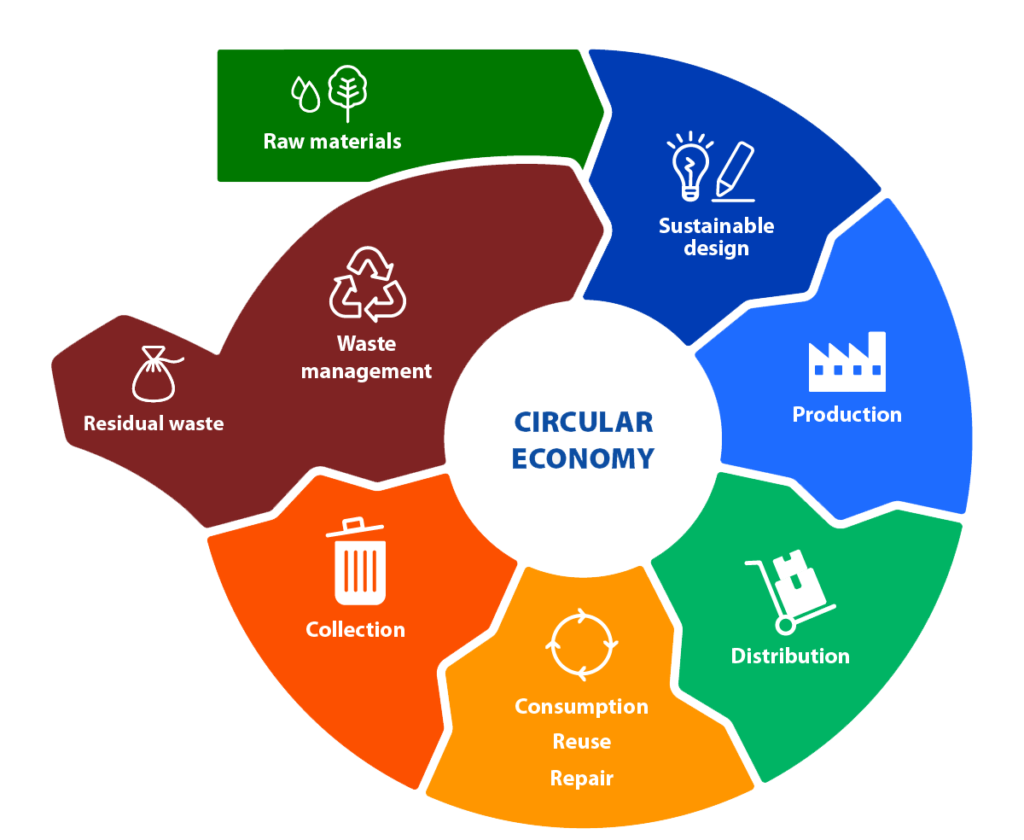
Make in india

The GreenBin Waste-to-Energy Converter is a cutting-edge solution that transforms organic waste into clean energy. This product aligns with the “Make in India” initiative by utilizing locally sourced materials and expertise in its manufacturing process. The circular economy represents a transformative approach to production and consumption. It revolves around principles such as sharing, leasing, reusing, repairing, refurbishing, and recycling to maximize the lifespan of materials and products. By embracing these practices, we aim to extend the life cycle of products, fostering sustainability and minimizing waste. This model encourages a shift from the traditional linear economy to a more regenerative and eco-friendly system, promoting resource efficiency and reducing the environmental impact of our consumption patterns.
UNDP sustainable development goals
The United Nations Development Programme (UNDP) has outlined 17 Sustainable Development Goals (SDGs) as part of the 2030 Agenda for Sustainable Development. These goals are a universal call to action to end poverty, protect the planet, and ensure prosperity for all. Here is a brief overview of the 17 SDGs:
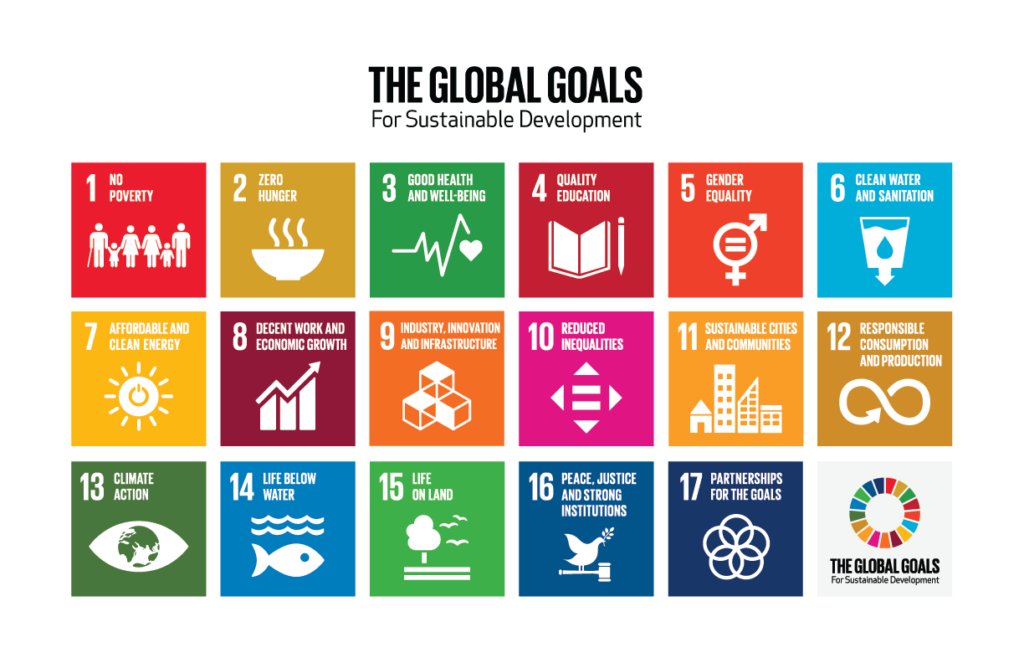
No Poverty (Goal 1): End poverty in all its forms everywhere.
Zero Hunger (Goal 2): End hunger, achieve food security and improved nutrition, and promote sustainable agriculture.
Good Health and Well-being (Goal 3): Ensure healthy lives and promote well-being for all at all ages.
Quality Education (Goal 4): Ensure inclusive and equitable quality education and promote lifelong learning opportunities for all.
Gender Equality (Goal 5): Achieve gender equality and empower all women and girls.
Clean Water and Sanitation (Goal 6): Ensure availability and sustainable management of water and sanitation for all.
Affordable and Clean Energy (Goal 7): Ensure access to affordable, reliable, sustainable, and modern energy for all.
Decent Work and Economic Growth (Goal 8): Promote sustained, inclusive, and sustainable economic growth, full and productive employment, and decent work for all.
Industry, Innovation, and Infrastructure (Goal 9): Build resilient infrastructure, promote inclusive and sustainable industrialization, and foster innovation.
Reduced Inequality (Goal 10): Reduce inequality within and among countries.
Sustainable Cities and Communities (Goal 11): Make cities and human settlements inclusive, safe, resilient, and sustainable.
Responsible Consumption and Production (Goal 12): Ensure sustainable consumption and production patterns.
Climate Action (Goal 13): Take urgent action to combat climate change and its impacts.
Life Below Water (Goal 14): Conserve and sustainably use the oceans, seas, and marine resources for sustainable development.
Life on Land (Goal 15): Protect, restore, and promote sustainable use of terrestrial ecosystems, sustainably manage forests, combat desertification, and halt and reverse land degradation and halt biodiversity loss.
Peace, Justice, and Strong Institutions (Goal 16): Promote peaceful and inclusive societies for sustainable development, provide access to justice for all, and build effective, accountable, and inclusive institutions at all levels.
Partnerships for the Goals (Goal 17): Strengthen the means of implementation and revitalize the Global Partnership for Sustainable Development.
These goals provide a comprehensive framework for addressing global challenges and fostering sustainable development on economic, social, and environmental fronts. They are interconnected and require collaborative efforts from governments, businesses, civil society, and individuals to achieve meaningful and lasting impact.
vocal for local

Key Aspects of “Vocal for Local”:
Economic Empowerment: The campaign aims to boost local economies by encouraging consumers to choose products and services that originate within their own communities or countries. This, in turn, supports local businesses, artisans, and entrepreneurs.
Job Creation: Supporting local businesses helps in creating job opportunities within the community. By purchasing locally made products, consumers contribute to the growth of small and medium-sized enterprises (SMEs) and the overall employment rate.
Cultural Preservation: Local products often carry a unique cultural and traditional identity. By choosing local goods, individuals contribute to the preservation and promotion of their cultural heritage and craftsmanship.
Sustainability: Promoting local production can be aligned with sustainable practices. Locally sourced products typically have a lower carbon footprint, as they involve shorter supply chains and reduced transportation.
Quality Assurance: Advocates of “Vocal for Local” argue that locally produced items can be of higher quality. Consumers have the opportunity to engage with local producers, ensuring transparency and accountability in the production process.
Community Building: Supporting local businesses fosters a sense of community and solidarity. Local entrepreneurs often reinvest in the local community, contributing to its overall development and well-being.
Reduced Dependency: Encouraging local production helps reduce dependency on imports for essential goods and services. This can enhance a nation’s economic resilience and decrease vulnerability to global economic fluctuations.
Government Initiatives: Governments may also actively support the “Vocal for Local” movement by implementing policies and initiatives that promote local industries, innovation, and entrepreneurship.
Consumer Awareness: The campaign emphasizes the importance of consumer awareness and conscious decision-making. By being vocal about choosing local products, individuals contribute to the movement’s success.
Global Competitiveness: As local businesses grow and thrive, they may become more competitive on a global scale. This can enhance a country’s economic competitiveness and global standing.
“Vocal for Local” is not just a slogan; it’s a call to action for individuals, businesses, and governments to collectively contribute to the growth and sustainability of local economies. The movement aligns with the broader principles of self-reliance, economic development, and cultural preservation.
Sustainability
